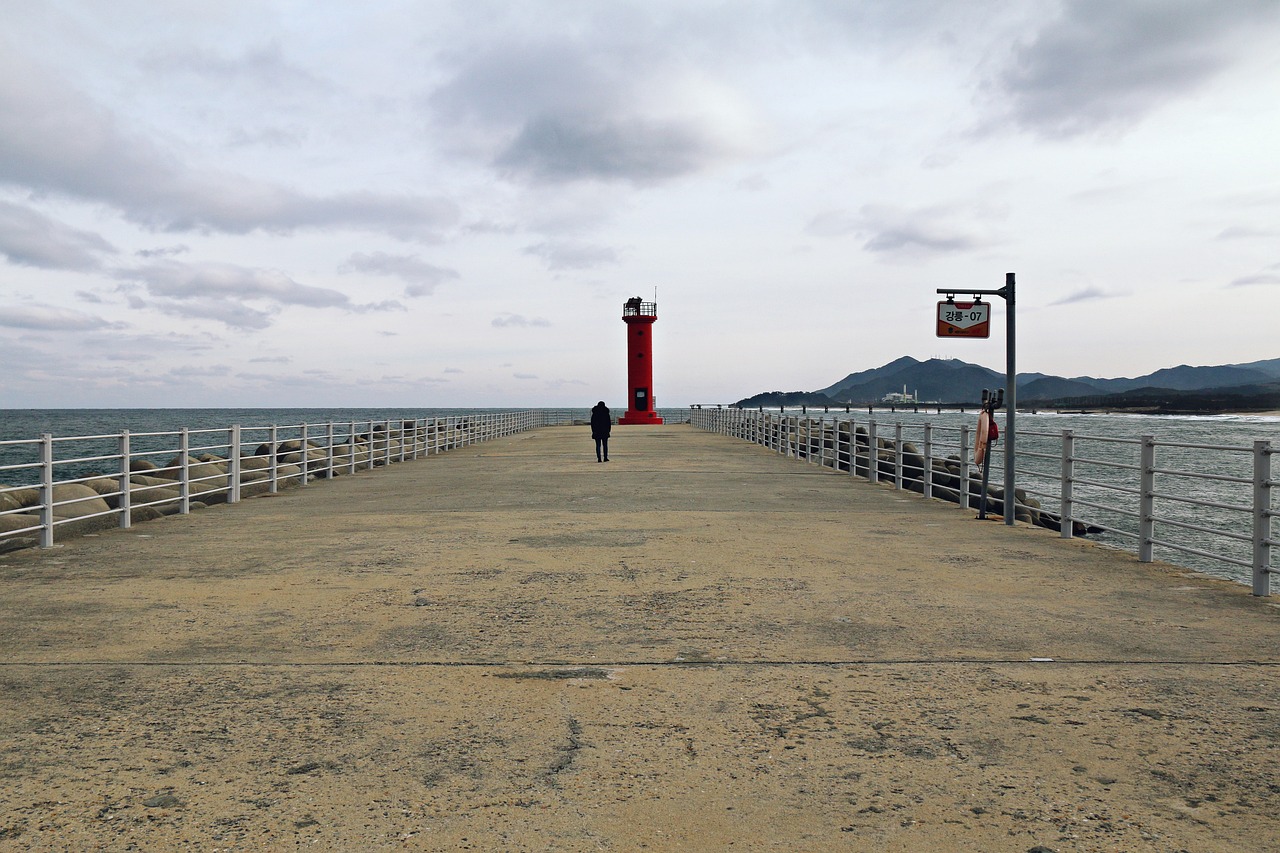
The smoldering tensions inflamed across the Middle East by the war in Gaza are intensifying, after Israel warned that skirmishes along the Lebanese border could not continue and the Houthi militia in Yemen made good on threats to step up its attacks against shipping in the Red Sea.
The chief of staff of Israel’s military, Lt. Gen. Herzi Halevi, said on a visit to the northern border with Lebanon that continued violence by the powerful Iranian-backed Hezbollah militia risked pushing his forces to make “very clear change” in the confrontation.
“Both in the south and in the north, first we need to return to a different situation, and return both safety and a sense of security,” the general said on Sunday while visiting soldiers along the border.
The general did not indicate how Israel would achieve that objective. The Israeli military has sought to focus on its goals in the Gaza war — freeing hostages and destroying Hamas — rather than diverting the troops needed to open a second front. But his comments offered the latest reminder of how the fighting in Gaza threatened to draw in neighboring countries as it stretched into its third month.
In a show of solidarity with Hamas, which is also backed by Iran, Hezbollah has launched repeated missile and drone attacks on army bases and other targets inside Israel, forcing the evacuation of civilians.
The skirmishing “needs to end with a very, very clear change in the situation,” General Halevi said in a video recording released by the military.
Even as Israel and Hezbollah have launched tit-for-tat strikes across the border, both have been wary about expanding the fighting. A senior Hezbollah official, Sayyed Hashem Safieddine, said on Monday that some delegations were “foolishly” encouraging Hezbollah to expand the confrontations with Israel.
Elias Hanna, a retired Lebanese general, said Hezbollah has been firing off larger missiles in recent weeks as a warning, what he called “a rational policy to annoy but not to go to a fully-fledged war.”
Both sides are cognizant of an established choreography, analysts noted, but an errant shell or other mistake can spark a larger conflict and several incidents have come perilously close. After Hezbollah increased the size of its weapons, Israeli airstrikes in recent days have been the most concentrated yet, General Hanna said.
H.A. Hellyer, a nonresident scholar on Middle East politics at the Carnegie Endowment, said “nobody wants escalation” or for the fighting to expand to a regional conflict. “Few actors think that it is a good idea because the costs would be tremendous,” he said, but added that the calculations can shift as violence anywhere in the region escalates.
Another Iranian-backed militia, the Houthis in Yemen, threatened during the weekend to step up attacks on ships bound for Israel transiting the Red Sea. The French Navy said on Sunday that one of its frigates there had shot down two drones fired from Yemen.
The Houthis had already threatened Israeli shipping, but in a statement on social media on Saturday, Yahya Sarea, the militia spokesman, said it would step up its attacks to “prevent the passage of ships sailing to Israel” no matter their nationality, unless Gaza received badly needed food and medicine.
Houthi fighters are already holding a commercial vessel, the Galaxy Leader, hijacked last month with its 25-member crew. No crew members are Israeli, according to Galaxy Maritime, which owns the vessel, although an Israeli billionaire, Rami Ungar, at one point exercised control over the company.
Since the war in Gaza started, repeated attempts by the Houthis to hit Israel with rocket or drone attacks from Yemen have been thwarted by either the Israeli military or the U.S. Navy.
As Israel and its allies resist pressure for a cease-fire in Gaza — the United States vetoed the latest attempt by the United Nations Security Council on Friday to demand a truce — global pressure to end the war is growing.
In the West Bank, residents called a general strike on Monday to protest the war and the U.S. veto of the U.N. resolution. Public facilities in Lebanon were closed and some Jordanian unions and business sectors also went on strike, part of a day of civil disobedience called by activists in order to press demands for a cease-fire in Gaza.
Saed Alan, a butcher in Ramallah, said he felt that closing his shop was the least he could do in solidarity with the Palestinians suffering in Gaza. He said that people in the West Bank were glued to news of the war all day but feel helpless.
“They say that we are living in the Holy Land but instead it feels like we are living in the land of violence and hatred,” he said.
Rami Nazzal contributed reporting from Ramallah. Euan Ward and Hwaida Saad contributed reporting from Beirut, Lebanon.



:quality(85)/cloudfront-us-east-1.images.arcpublishing.com/infobae/CSABN6AFJ5H7RITRJRPQNA2VAY.jpg)